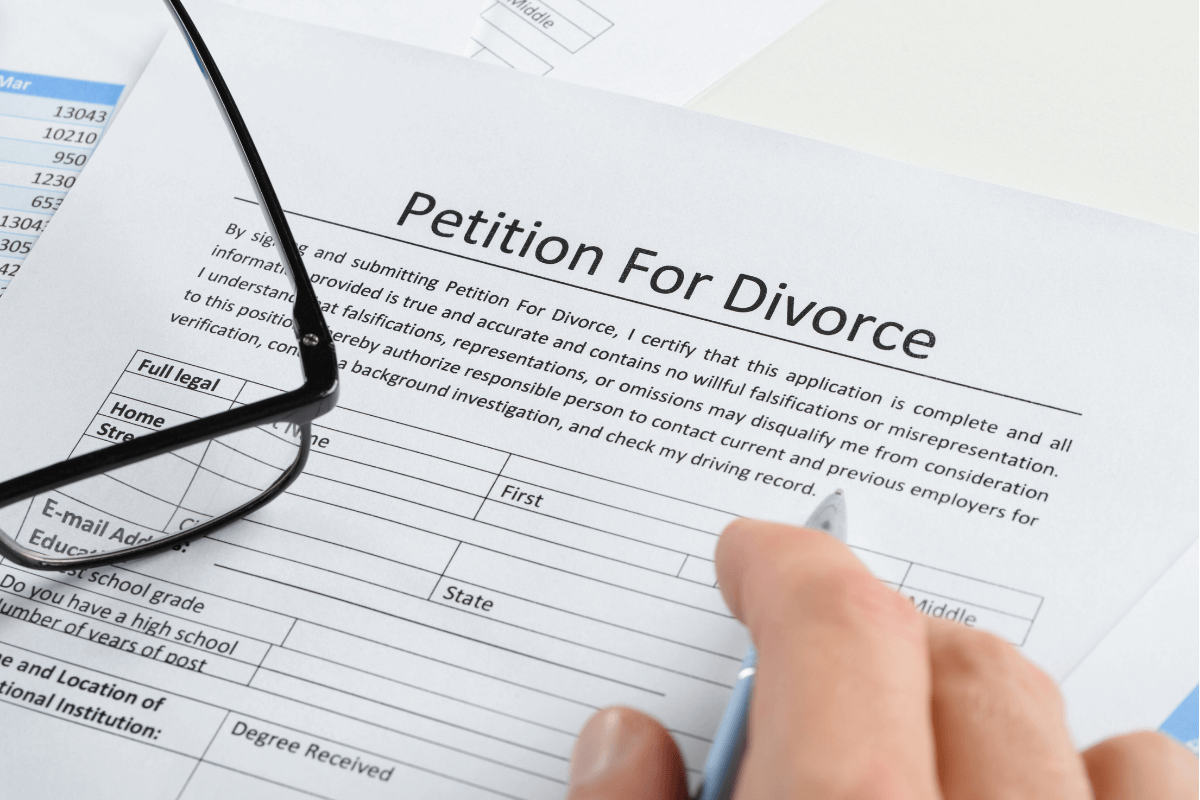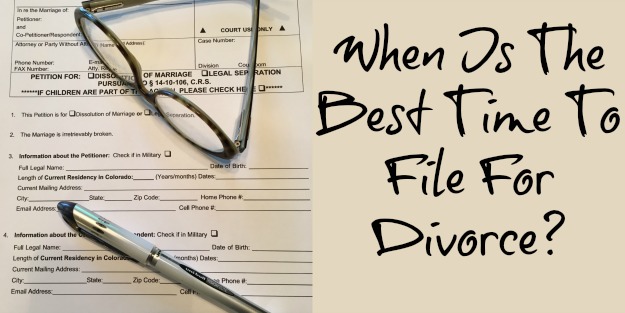If you’re a first-time homebuyer in Australia, you’re probably already overwhelmed with decisions—finding the right home, getting your loan approved, and planning your move. But in the middle of all this excitement is one crucial step that keeps everything legally sound: conveyancing.
Don’t worry if the word sounds confusing. We’ve created this guide to walk you through the entire conveyancing process in Australia in plain, everyday language.
What Is Conveyancing?
Conveyancing is the legal process of transferring the ownership of a property from the seller (vendor) to the buyer. It starts when your offer on a property is accepted and ends when the keys are officially yours.
This isn’t just about paperwork. It involves checking the title, preparing legal documents, managing settlement, and ensuring you’re getting what you paid for—without any hidden legal problems.
In most cases, a conveyancer or property solicitor handles this process for you, but it helps to know what’s going on behind the scenes.
Why Conveyancing Matters in Home Buying
Think of conveyancing as the legal “safety net” that protects you from expensive mistakes. Without it, you could end up:
- Buying a property with legal restrictions you didn’t know about
- Inheriting unpaid rates or taxes from the previous owner
- Finding out the seller didn’t even legally own the home
In short, conveyancing ensures your property transfer is valid, lawful, and fair. It confirms that the home is legally yours—and gives you peace of mind.
Key Stages of the Conveyancing Process
The conveyancing process in Australia generally follows these key steps:
1. Pre-Contract Stage
Your conveyancer will:
- Review the contract of sale
- Order property searches (e.g., land title, zoning)
- Advise on terms or special conditions
2. Signing and Exchange of Contracts
Once all parties agree:
- Both buyer and seller sign identical contracts
- A deposit (usually 10%) is paid
- Contracts are officially exchanged, making the sale legally binding
3. Cooling-Off Period
Most states offer a short window (2–5 business days) where buyers can withdraw—usually with a small financial penalty.
⚠️ This doesn’t apply to all purchases—like auctions or commercial properties—so always check with your conveyancer.
4. Pre-Settlement Stage
In this phase, your conveyancer helps:
- Finalise your mortgage documents
- Liaise with the seller’s legal team
- Organise a final property inspection
- Prepare for fund transfers and government paperwork
5. Settlement Day
This is the big day! Your conveyancer will:
- Transfer funds and documents
- Register the property under your name
- Confirm the deal is completed
You’ll finally receive the keys—and become the legal owner of your new home.
See more: Conveyancing Fees Explained: What to Expect During the Property Transaction
What Documents Are Involved in Conveyancing?
Here are the core documents you’ll likely encounter during the conveyancing process:
- Contract of Sale – Outlines the terms and conditions of the purchase
- Vendor’s Disclosure Statement (Section 32 in VIC) – Shares info about the property’s condition and legal status
- Certificate of Title – Proves ownership and shows any encumbrances (like mortgages)
- Transfer of Land Form – Official document used to register the property under your name
- Mortgage Documents – Provided by your lender if you’re taking out a home loan
- Settlement Statement – A breakdown of all payments and adjustments made at settlement
A good conveyancer will walk you through all of this and explain anything you don’t understand.

How Long Does Conveyancing Take?
On average, conveyancing takes 4 to 8 weeks in Australia.
That said, the exact timing depends on factors like:
- Your lender’s processing speed
- Whether the property has title issues
- How quickly you and the seller respond to document requests
- State-specific rules and contract conditions
⏳ Tip: Always stay in communication with your conveyancer to avoid unnecessary delays.
Common Mistakes to Avoid During Conveyancing
Even with professional help, some first-time buyers fall into common traps. Here’s what to watch out for:
- ❌ Not reviewing the contract before signing
- ❌ Failing to get a building or pest inspection
- ❌ Choosing the cheapest conveyancer without checking reviews
- ❌ Missing important contract deadlines (like finance approval or settlement)
- ❌ Assuming your conveyancer handles everything—you still need to be involved
Avoiding these pitfalls can save you stress, time, and potentially thousands of dollars.
Choosing the Right Conveyancer
Not all conveyancers are created equal. Here’s how to find one that fits your needs:
✅ Look for:
- Licensed professionals in your state or territory
- Transparent pricing with no hidden fees
- Good reviews or personal recommendations
- Strong communication skills and fast response times
❓ Ask questions like:
- “What’s included in your service fee?”
- “Do you specialise in first-home buyers?”
- “How will you keep me updated?”
Don’t be afraid to shop around or ask for quotes. This is one of the most important legal services in your homebuying journey.
Final Tips for First-Time Homebuyers
Navigating the conveyancing process for the first time can feel overwhelming—but it doesn’t have to be.
Here are a few extra tips:
- 📌 Get pre-approval for your home loan early
- 📌 Ask questions—even if they feel silly
- 📌 Make sure all your documents are in order (ID, finance, inspections)
- 📌 Book your final inspection a day or two before settlement
- 📌 Celebrate when it’s done—you just legally became a homeowner!
Conclusion: Your Homeownership Journey Starts with Smart Conveyancing
Conveyancing may not be the most glamorous part of buying a home—but it’s one of the most essential. It ensures your property transfer is smooth, your legal rights are protected, and your home is truly yours.
🎯 Need help finding a trusted conveyancer in Australia?
Drop your questions in the comments or reach out to a local licensed professional. Buying your dream home starts with understanding the process—and now, you’re one step ahead.





